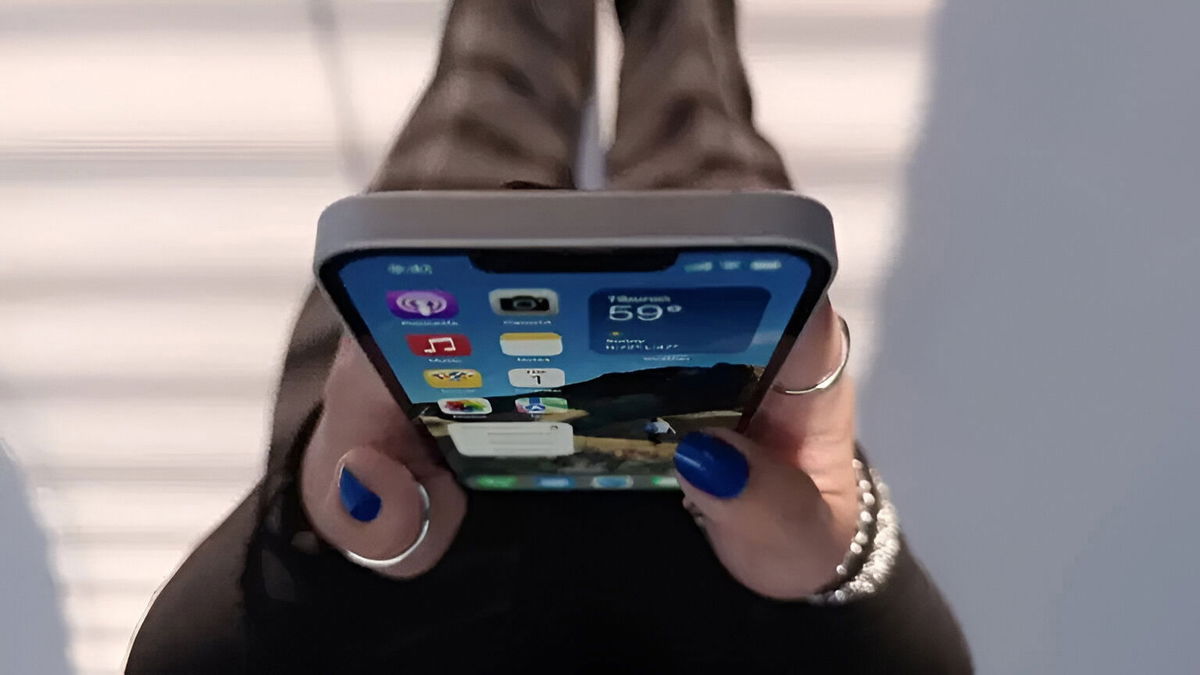Scientists claim that such short periods of wakefulness in the brain only improve memory. “Technically, you wake up because the brain activity in these very brief moments is the same as in waking, but the sleeper doesn’t notice it,” the researchers said.
While fragmented sleep is known to impair memory retention, non-rapid eye movement (NREM) and rapid eye movement (REM) sleep contribute to this. However, the relationship between micro-awakenings and memory-enhancing aspects of sleep remains unclear. In a new study, researchers observed how the release of the excitatory neurotransmitter norepinephrine shapes the microarchitecture of sleep in mice. The researchers concluded that the amplitude of the norepinephrine surges could be a target for manipulation to improve sleep when disturbed.
Source: Ferra










